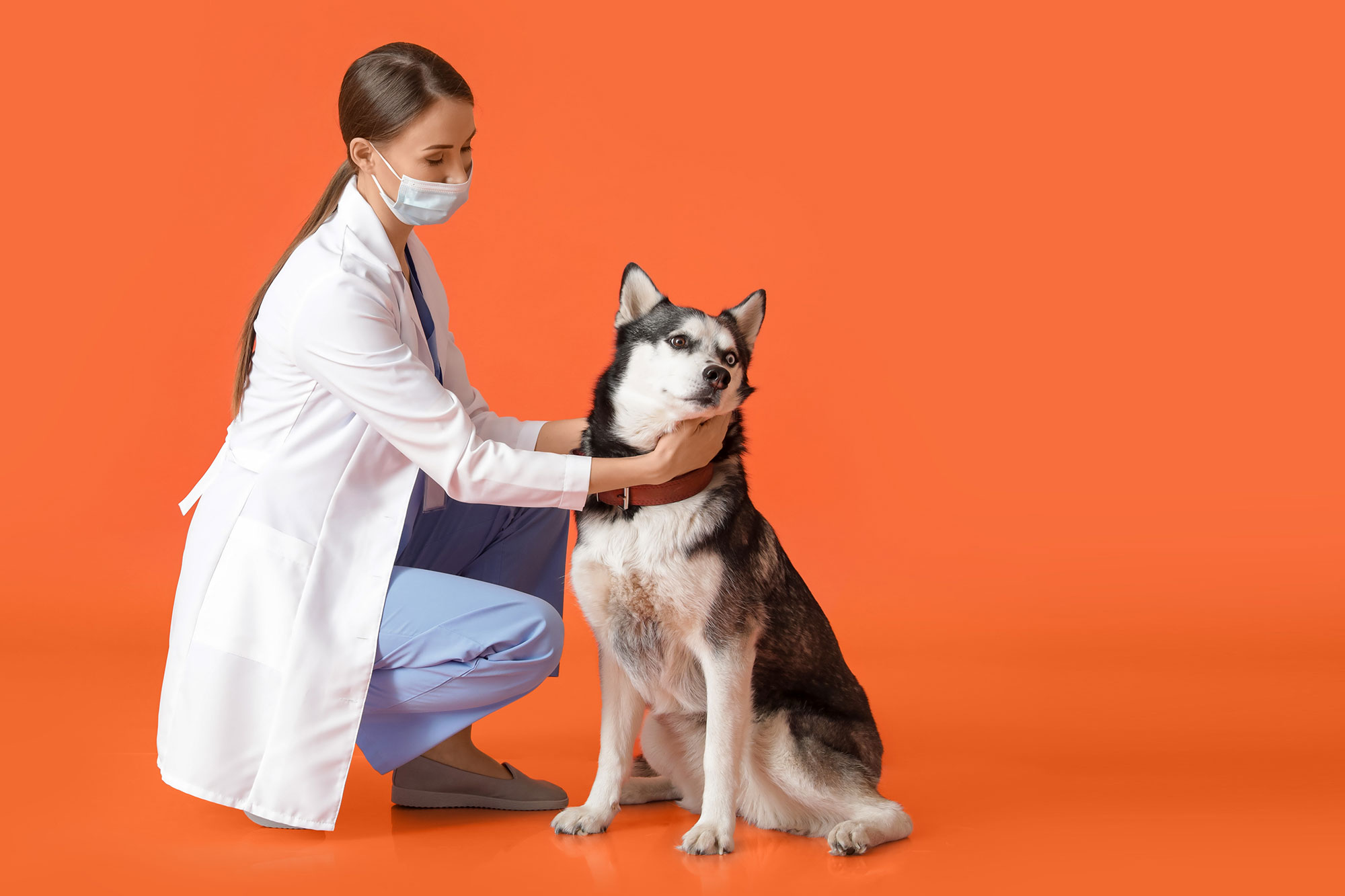New Survey Reveals Veterinary Students’ Top Concerns During COVID-19
COVID-19 has changed the veterinary industry in many ways, and veterinary students are not immune. According to the latest survey by Harbor – an industry-leading web platform and network of veterinary professionals – optimism for job opportunities upon graduation remains steady, but clinical hours have become a growing concern.
While 45% of students* said they are “comfortable” that there will be job opportunities upon graduation, only 6% said they are feeling “no concern at all”. Furthermore, optimism for job opportunities remains high for 4th year students, with nearly 37% saying they feel no concern, though they are the class that could see the most immediate impact due to COVID-19.
The more abundant concern within veterinary students focuses on the availability of clinical hours. While most prevalent in third year students, 85.4% of all respondents claimed to be very or somewhat concerned about the availability of clinical hours because of COVID-19.
Other highlights to emerge from the survey include:
- 72.4% of students that had received a job offer prior to COVID-19 are moving forward as planned, while 20.7% are no longer moving forward as planned, and 6.9% still secured a position, but with a delayed starting date.
- Seemingly, veterinary practice ownership interest is still high, as 24.5% of students say ownership in a veterinary hospital is a top priority, and 36.4% plan on it later in their career.
- An overwhelming 98% of students believe it is important to have a structured mentorship program when searching for job opportunities.
“Veterinary students are arguably one of most affected groups by COVID-19 in the industry” said Courtney Post, a founding partner of Harbor. “It’s important that we understand their concerns and create an environment that empowers them as they build their careers.” Harbor recently launched virtual internships to help veterinary students gain business experience remotely.
As veterinary hospitals pivot and adapt to COVID-19, it’s important to be inclusive of veterinary students to ensure a strong future for veterinary medicine.
*The figures are contained in a survey taken from a five day period in April of 2020 and completed by 184 first to fourth year veterinary medicine students from 24 schools.





Responses
Dr. Pope,
For students affected by fewer clinical hours, do you have any recommendations for how they can still thrive during that ‘down time’? Thank you so much for posting these results! It is encouraging to see how resilient students remain regarding their career.
Great question, Emily. I think that there is actually tremendous opportunity for current students to capitalize on their ‘down time’ in numerous ways. One is leveraging available CE platforms, that often give students free or discounted access, focusing on technical skill tutorials, system reviews, or even potentially areas like practice management/leadership that you may not have exposure to in your curriculum. Even if the material gets a little ahead of where you are in school exposure to topics will always be beneficial once the world normalizes again.
Another opportunity that I think COVID-19 has opened for students, that want to think outside of the box, is the idea of a “virtual externship” at hospitals. Numerous hospitals across the country have been forced into offering Telehealth Consults, sourcing and calling these hospitals to ask if there is a way you can tune into a video exam(s) to “shadow” could be a really cool idea. You could have access to different states, demographics, and types of practices all from your room. Even if the hospital doesn’t have a way to do the virtual experience, contacting the practice manager/owner alone would do wonders to build you network for post graduation job seeking.
These are such great suggestions! It’s really encouraging to have a new perspective that even with a pause in our career, we can still engage and learn in various other ways that will ultimately still greatly benefit us. Thank you!
I am a 2020 grad and I have set a goal for myself of doing one CE-type experience every day to keep my head in the game while I wait for my job to start. Even if it’s a 30 minute cytology refresher (thanks Facebook!), it helps me stay excited about the material and it’s super low stress to just sit back and watch a video.
It is encouraging to see the large majority of 4th years were able to keep their planned jobs during this time. Makes me think that in the future years there shouldn’t be big issues finding a job. Thank you for sharing these results!